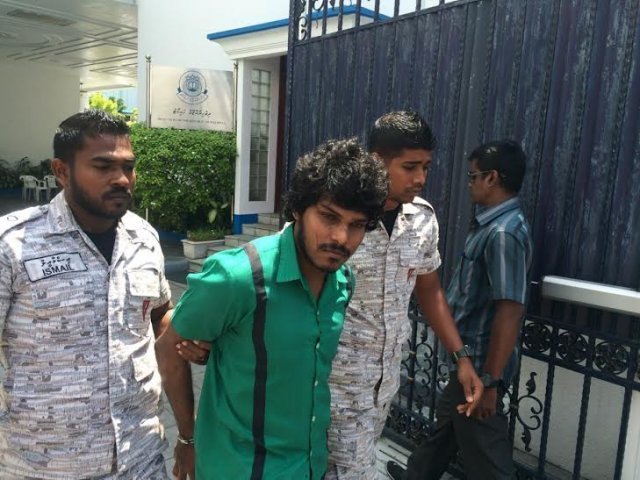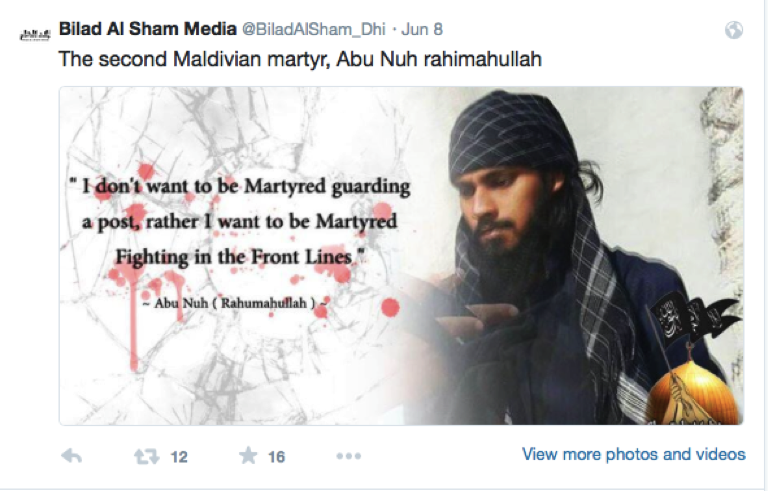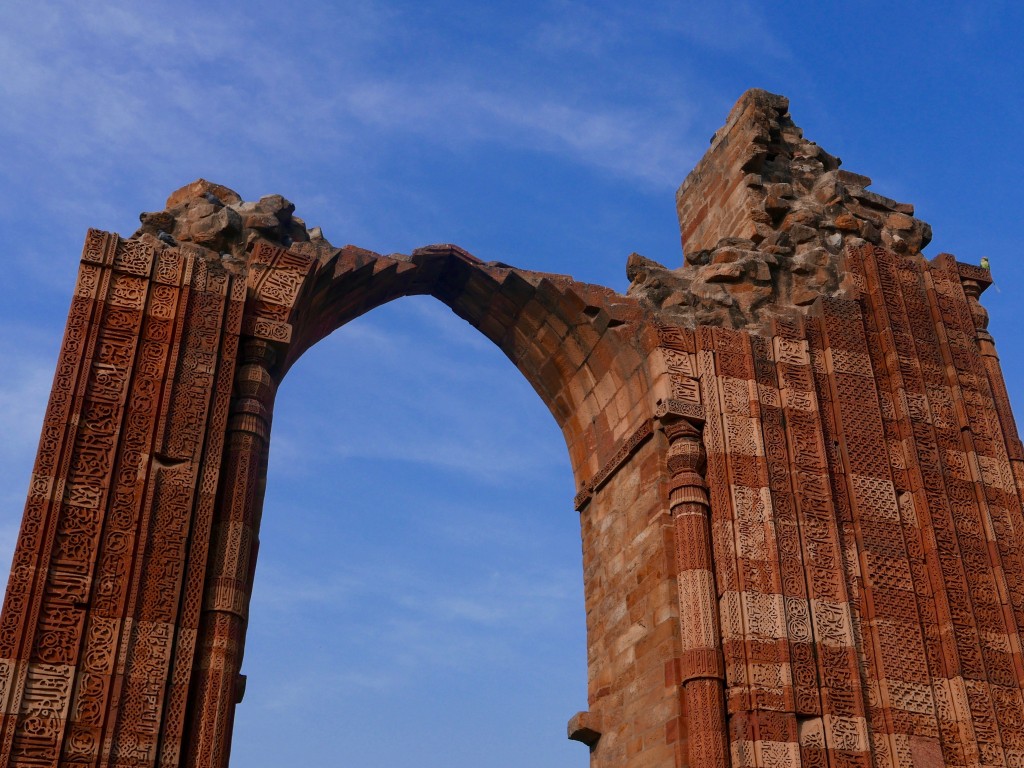Maldives state ready to kill Humam, and a way of life

by Azra Naseem
In the early hours of the morning on the 19th day of Ramadan, as most of the country slept, the Maldives Supreme Court upheld the verdict by lower courts to kill Hussein Humam Ahmed. The 22-year-old man was convicted of killing MP Dr Afrasheem Ali on 2 October 2012 in a trial laden with irregularities.
Regulations introduced recently say the sentence must be carried out within 30 days. Umar Naseer, Home Minister until a sudden resignation on Tuesday this week, has said the State is now ready to kill by hanging – the only thing missing was someone’s neck to put the noose around and squeeze the life out of. The Supreme Court delivered that last night in the shape of Humam.
Humam’s killing will be the first in the Maldives since 1953, even then a rare thing. Moroccan traveller Ibn Batuta wrote of the Maldives in the 14th Century:
The inhabitants of the Maldive islands are honest and pious people, sincere in good faith and of a strong will…In body they are weak and have no aptitude for combat or for war, and their arms their prayers. One day in this country, I ordered the right hand of a robber to be cut off; upon which many of the natives in the hall of audience fainted away.
Today’s Maldives could not be more different. Crime is rife. Murders are commonplace. Stabbings are almost a daily occurrence. Robbery is regular. Corruption is widespread. Deception is natural. Violence is culture.
Something has gone seriously awry with the society’s moral compass.
Dr Afrasheem’s murder was one of the most brutal and violent the country had ever seen. Afrasheem left behind young children, a wife, parents, siblings. They all deserve justice, like everyone else. But there’s too much doubt about whether or not Humam is his killer. Afrasheem’s murder was a contract killing, that much everyone agrees on. Did Humam do it? If he did, who gave the orders? His conviction is based on confessions, retracted as many times as they were given. The legal apparatus will not let a psychiatrist judge his state of mind despite an insanity plea.
And, too many people—Umar Naseer, former Commissioner of Police and current JP MP Abdulla Riyaz, former police and military intelligence officers to indicate just a few—have pointed fingers at people other than Humam, ranging from the very top of government and various political parties to religious extremists, for this verdict to sit well with any right thinking member of society. Today all of them are holding their tongues as Humam is readied for the noose.
The Supreme Court’s decision is political. And so is Afrasheem’s murder said to be.
Many offer informed speculation that the MP could have been murdered for his seat in parliament or for his intentions to contest in then forthcoming presidential elections. He would have given other members of his party a run for their money. He was a popular man. Some reports say there was involvement of radicalised religious elements in Afrasheem’s murder – but, even if so, not without a political connection.
The Supreme Court is controlled by the very same people interested in hiding who really killed Afrasheem, if the informed speculation is based on truth. The court has long since placed itself above the law, ensconced inside the pockets of political leaders. As those awake waited tensely for the ruling on Humam last night–which came over three hours later than billed–the court issued a press release warning potential critics of serious repercussions if they openly disagreed with the court’s rulings.
The Supreme Court’s decision is political in another way. It panders to the strict Salafi clerics and their philosophy of ‘progression through regression’ that now dominate Maldives society. It caters to their demands for a legal system in the Maldives based on Sharia alone. This is a demand expressed by the whole spectrum of Salafis in the Maldives from the apolitical to the radicals and the violent ‘Jihadists’ who have emigrated to Syria. The Supreme Court decision will appease them.
It also panders to the overlords who facilitate, finance and continue to groom Maldivian Muslims to become Salafis: Saudi Arabia.
The noose around Humam’s neck will put an end to not just his life but to two problems the government encounters: rumours of President Yameen’s involvement in Afrasheem’s murder that just won’t die; and accusations that it is not following the path of ‘true Islam’, i.e, Saudi-led Salafi Islam.
There is still a significant part of Maldivian society today, like me, horrified by the Supreme Court decision which ignored even the last-minute pleas by the murdered victim’s family for a temporary reprieve. Without the Sharia concept of Qisas, which is what the entire case is based on, was lost. Yet the Supreme Court went ahead, making a mockery even of Sharia.
We should understand this verdict is a harbinger of things to come: a society characterised by injustice, faux piety, and appeasement of the radical. There was a time when none of us could have imagined life in Maldives dominated by strict Salafi ideology. Today it is a lived truth. Tomorrow seems likely to be totally ruled by it.
At death’s door is not just Humam, but what is left of the long-lived Maldivian identity as a peace-loving non-violent society of Muslims who practise their religion without committing violence and human rights abuses in its name.
Correction: This article previously said “When the Sharia concept of Qisas became unavailable, the court opted for Ta’zir.” This was not the case. The bench simply chose to ignore plea by Dr Afrasheem’s family for a temporary reprieve, and went ahead with the ruling, flouting the concept of Qisas.
Photo: Humam being brought to court, Raajje.mv

